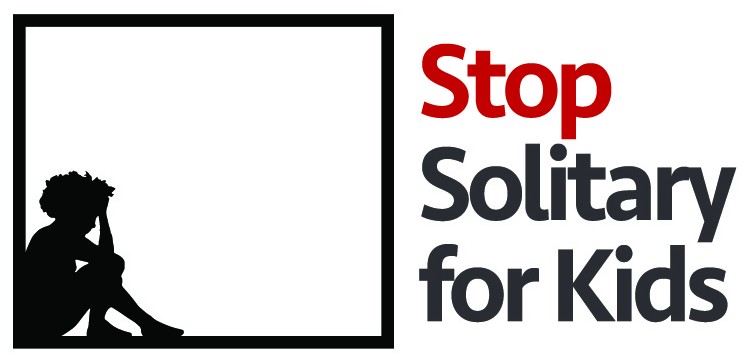Performance-based Standards is a program developed by the Council of Juvenile Correctional Administrators for the Department of Justice, Office of Juvenile Justice and Delinquency Prevention. This national program helps agencies and facilities identify, monitor and improve conditions and treatment services provided to incarcerated youths using national standards and outcome measures. It is a voluntary program, with more than 200 participating facilities across 36 states. A major focus of PbS is gathering and disseminating data to promote best practices.
PbS Standard on Isolation: PbS standards are clear: isolating or confining a youth to his/her room should be used only to protect the youth from harming himself or others and if used, should be brief and supervised. Any time a youth is alone for 15 minutes or more is a reportable PbS event and should be documented. Isolation should never be used as punishment.
PbS Data on Isolation: In 2012, PbS published a report entitled, Reducing Isolation and Room Confinement. The report shows that PbS facilities reduced the amount of time that youth were isolated by 50%.
In April 2016 more than 65% of room confinement events in corrections facilities lasted less than four hours. In detention facilities, the average duration of room confinement was five hours. About 75% of all room confinement events there lasted less than four hours (based on the July 2016 PbS Perspective).
How PbS Collects Data: PbS also collects qualitative and quantitative data from participating facilities across the country – including from staff, youth, and families. PbS data is collected and reported every April and October by participating facilities. PbS then releases a biannual snapshot of the conditions of confinement and quality of life in residential facilities for youth.
